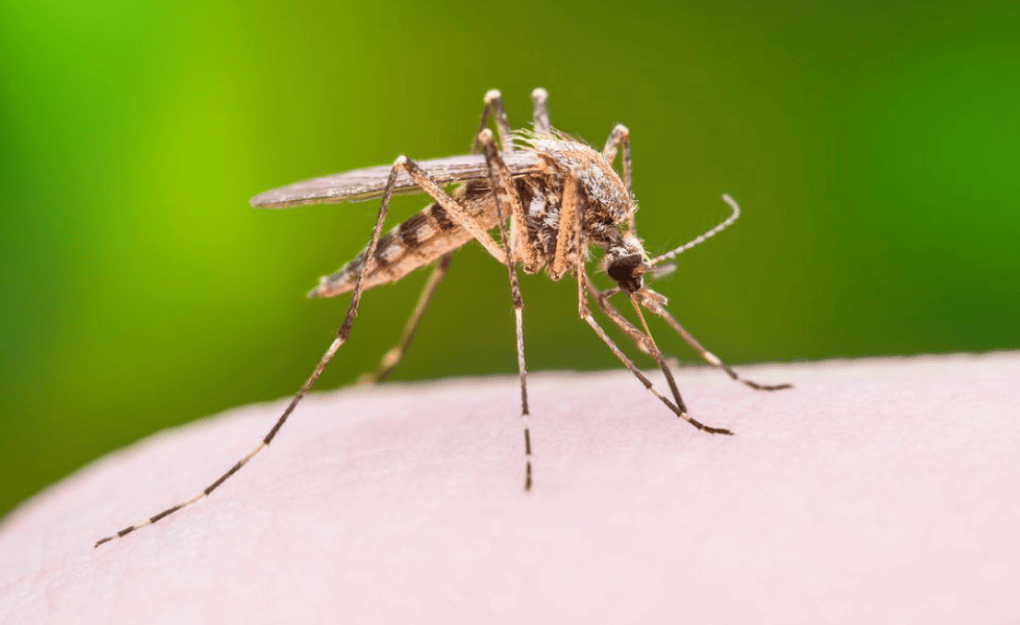Smart Mosquito Surveillance System—Andhra Pradesh has become the first Indian state to deploy an AI-powered initiative to combat mosquito-borne diseases. With the onset of the monsoon season and the associated spike in mosquito breeding, the government has rolled out the Smart Mosquito Surveillance System (SMoSS). This pioneering project blends artificial intelligence, drone technology, and real-time data analytics to revolutionise how mosquito populations are tracked and controlled.
The pilot project covers 66 key locations across six major municipal corporations including Visakhapatnam, Vijayawada, Kurnool, Guntur, Tirupati, and Nellore. The initiative is aimed at reducing cases of dengue, malaria, and chikungunya, diseases that spike with the rains each year.
Technology Behind SMoSS
At the heart of the Smart Mosquito Surveillance System is a network of AI-powered mosquito sensors, drones, and IoT-enabled devices. These sensors identify mosquito species, gender, and population density in real-time. In addition to tracking mosquitoes, the system also records environmental factors such as temperature and humidity, which are critical indicators for mosquito breeding conditions.
When the system detects mosquito levels above safe thresholds, automated alerts are triggered and sent to municipal teams. These alerts prompt targeted fogging or spraying operations. Unlike traditional blanket spraying methods, SMoSS focuses on precision-based action, ensuring efficient chemical use and minimal ecological damage.
Smart Mosquito Surveillance System: Drones for Effective Spraying and Mosquito Control
Drones play a pivotal role in the SMoSS framework. Equipped with advanced spraying mechanisms, drones can quickly cover large areas, especially hard-to-reach zones like rooftops, open drains, and marshy fields. This modern technique allows more ground to be covered with fewer chemicals and manpower, lowering operational costs and environmental footprint.
Furthermore, drones help in early larvicidal treatments, cutting off mosquito breeding cycles before they can escalate into disease outbreaks.
Real-Time Monitoring and Data Management
One of the standout features of SMoSS is its centralised real-time dashboard. The system collects data from various devices across the state and streams it to a command control centre. Authorities can track mosquito activity, weather patterns, and the effectiveness of interventions live on-screen.
For accountability, the programme has been outsourced to private agencies who are paid based on performance and outcomes. Additionally, citizen engagement tools like mobile apps—Puramitra and Vector Control—allow public complaints and field reports to be recorded and addressed promptly.
Health Data Integration and Hotspot Mapping
Hospitals and primary healthcare centres across Andhra Pradesh contribute to the system by uploading daily reports of vector-borne disease cases. This medical data is analysed to identify and map disease hotspots. Specialised action plans are then drawn up for high-risk areas, including extra fogging rounds, intensified larval control, and community awareness campaigns.
This approach ensures that resources are deployed where they are needed most, maximising both efficiency and impact.
Broader Vision and Government Strategy
The Smart Mosquito Surveillance System is a part of Andhra Pradesh’s broader ambition to become a leader in AI-driven governance. With initiatives like SMoSS, the state demonstrates how technology can be effectively integrated into public services to improve the quality of life.
Officials see this as a model for other Indian states to adopt. The scalable nature of the system allows it to be customised based on local needs and disease profiles.
Conclusion: A Smart Step Forward
With the launch of SMoSS, Andhra Pradesh has not just deployed another mosquito control method—it has introduced a data-smart, environmentally responsible, and highly responsive public health tool. As climate change and urbanisation complicate traditional vector control, AI-driven systems like SMoSS represent the future of sustainable and effective public health management.



